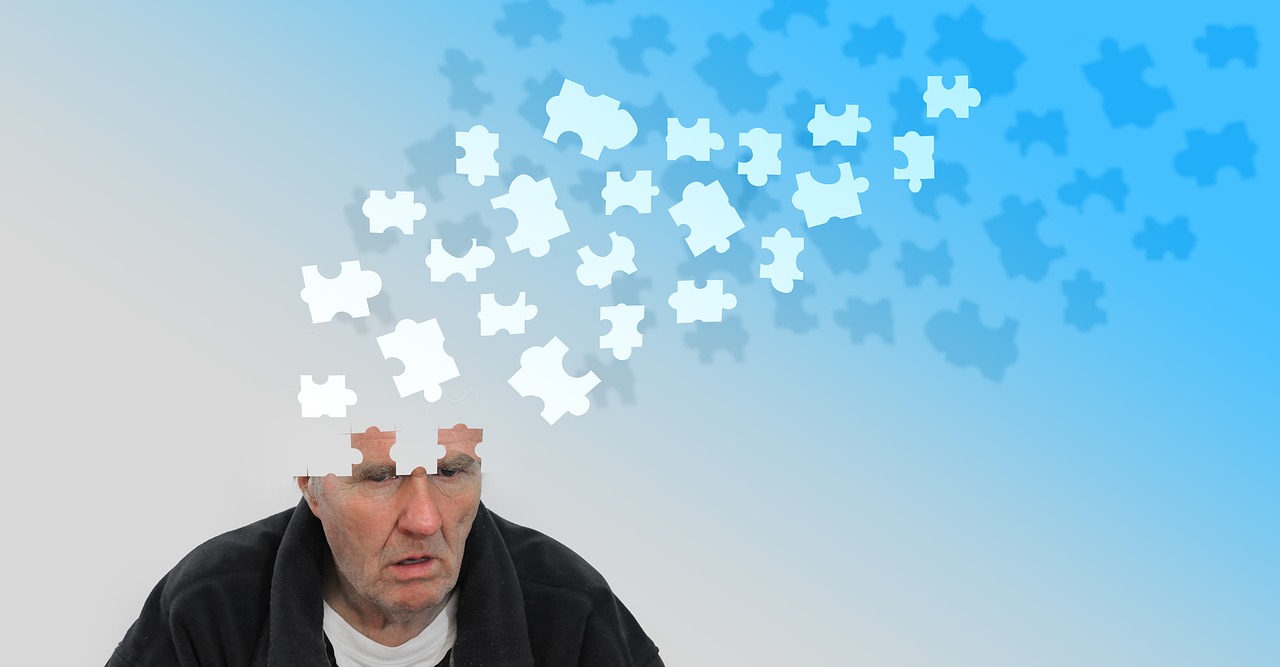Table of Contents
ToggleKey Points
- Dementia is a risk that grows with age, but it is not a natural aspect of growing older. It is more common after the age of 65.
-
The National Dementia Helpline can help with the dementia issues including those who are worried about memory loss.
-
Dementia Australia provides counseling, information, education, training, and referrals to those living with dementia
Supporting a Person with Dementia
Supporting a person with dementia is tough and challenging , but independence and quality of life can still be achieved with the right support and a few changes.
When we think of dementia, we think of a person’s loss of memory and the confusion this may cause with identifying loved ones or timeframes. But people living with dementia may also have different sensory perceptions, which makes them see things differently.
Dementia is a risk that grows with age, but it is not a natural aspect of growing older. Anyone can develop dementia, but it is more common after the age of 65. Dementia does not affect the majority of the elderly.
With almost half a million people living with dementia in Australia, and another 1.6 million people involved in their care, it is likely that we are all impacted in some way.
This week is Dementia Action week, putting a spotlight on supporting a person with dementia as well as support for the carers. Understanding the experience of dementia, and making a few changes can have a beneficial impact on the person’s quality of life and help them to live more independently.
National Dementia Helpline
The National Dementia Helpline is an Australia-wide, confidential telephone information and support service.
The helpline is manned by trained and experienced professionals who can help with the following issues:
- Patients living with dementia, as well as their family and friends
- Personnel caring for a dementia patient
- Those who are worried about memory loss.
The helpline can provide you with practical information and advice, as well as information on Alzheimer’s Australia’s services.
You can call the National Dementia Helpline on 1800 100 500 during business hours. If you need an interpreter or advocate, the helpline can offer you with information and a recommendation to a suitable provider. The National Relay Service can be reached by dialing 13 36 77 if you are deaf or have a hearing or speech problem.
Dementia Australia
Dementia Australia provides counseling, information, education, training, and referrals to those living with dementia. They have a range of useful tools and tips for creating a dementia-friendly environment so that the home remains familiar, but is more accessible and safer. Some of the top tips include:
- Consider colour contrasts between doors and walls and between doors and architraves
- Perhaps have a different colour door for the toilet
- Put up signs (in Arial or Helvetica font) or photos to indicate the function of a room
- Use larger size light and power switches
- Set up a whiteboard or calendar to post notes and reminders
Supporting a person with dementia can be challenging. There are respite and support services and programs available if you need or want to take a break from your carer role.
If you are impacted by dementia or you are worried about a family member or friend, take a look at the range of information and tools at Dementia Australia’s website www.dementia.org.au. And call us on 1300 550 940 to make an appointment to talk about the support available with Home Care Packages or residential care, what it will cost and how to manage your cashflow to pay for the care you need.
You May Also Like
Get in Touch
Got a question…? Looking for help…? Message us!

